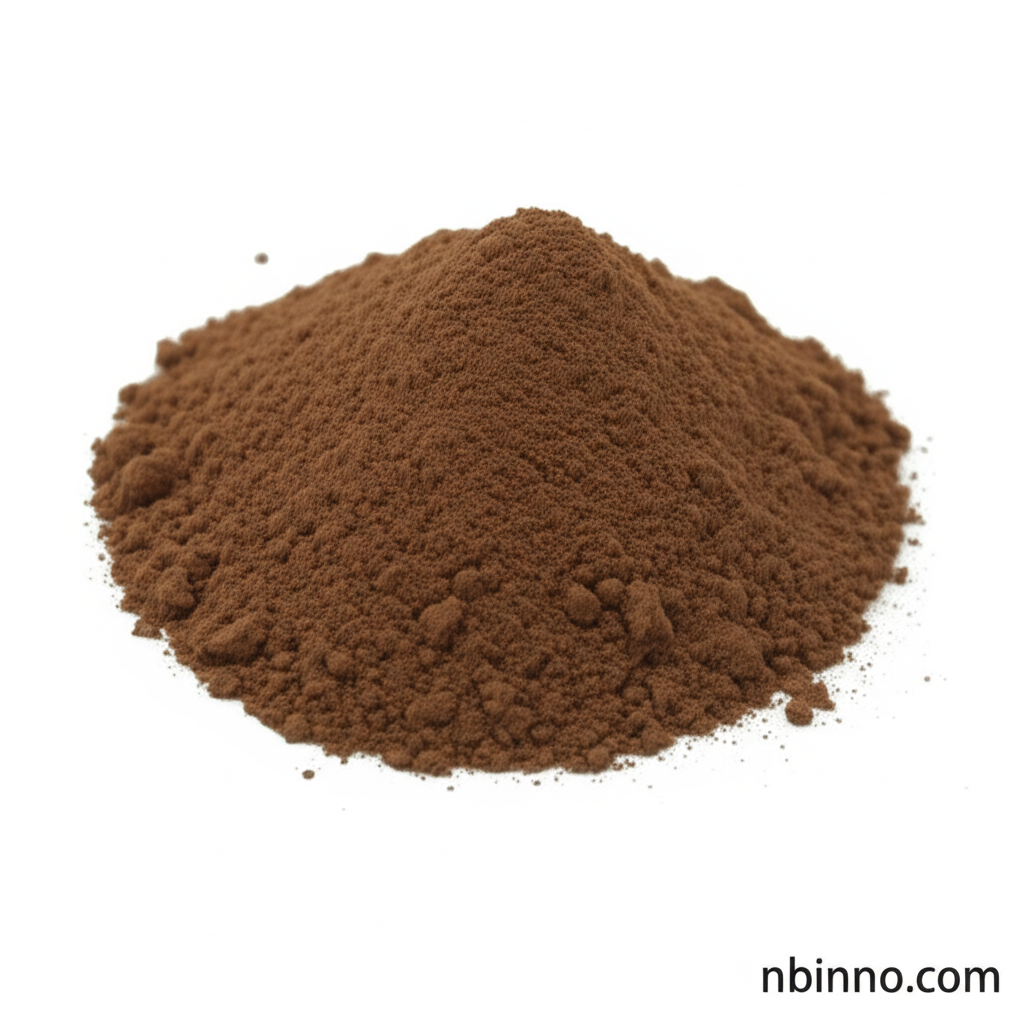High-Purity (Phenylthio)acetic Acid CAS 103-04-8: A Key Intermediate for Electronic Chemicals and Photoresists
Discover the essential role of (Phenylthio)acetic acid in advanced electronic material manufacturing and photoresist technology.
Get a Quote & SampleProduct Core Value

(Phenylthio)acetic acid
A vital chemical intermediate, (Phenylthio)acetic acid, identified by CAS 103-04-8, plays a crucial role in the development and production of advanced electronic materials. Its application in photoresist formulations underscores its significance in high-technology sectors. We focus on providing high-quality materials for these demanding applications.
- Explore the unique properties of phenylthioacetic acid CAS 103-04-8 for your electronic chemical needs.
- Learn about the diverse applications of acetic acid, 2-(phenylthio)- in cutting-edge manufacturing processes.
- Discover why sourcing high-purity phenylthioacetic acid is critical for achieving optimal performance in photoresist development.
- Understand the chemical intermediate's value in organic synthesis, enabling innovative material creation.
Advantages of Using (Phenylthio)acetic Acid
Purity and Consistency
Benefit from the consistent quality of our phenylthioacetic acid, ensuring reliable results for your critical synthesis projects.
Versatile Intermediate
Leverage this versatile chemical intermediate for a wide range of organic synthesis applications, including the creation of novel electronic chemicals.
Enhanced Performance
Utilize high-grade (Phenylthio)acetic acid to enhance the performance and reliability of your finished electronic products and photoresist formulations.
Key Applications
Electronic Chemicals Manufacturing
This compound is a cornerstone in the synthesis of specialized chemicals used in the electronics industry, contributing to the creation of high-performance components.
Photoresist Technology
As a crucial component in photoresist chemicals, it enables precise pattern transfer in semiconductor manufacturing, vital for miniaturization.
Organic Synthesis
Its reactive nature makes it an excellent building block for a variety of organic compounds, facilitating complex chemical transformations.
Research and Development
Researchers find value in phenylthioacetic acid for exploring new chemical pathways and developing next-generation materials.
